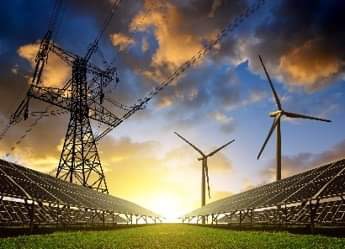The world is currently in the phase of transitioning from the use of fossil fuel to renewable energy sources to drive economic growth as countries opt to green energy usage.
For countries like Papua New Guinea (PNG), this transition phase is making its way in slowly because the country is very much dependent on the production of hydrocarbons like Liquefied Natural Gas (LNG) and oil to support its economy, and supply to markets that are still in demand of it, but who are making efforts to transition as well.
However, the transition from fossil fuel to renewable energy has its perks, something which PNG would eventually experience, probably in the next 10 to 15 years as the country makes its transition in to tapping into the greener energy sources.
According to the Vise Minister for Petroleum and Energy Mr. Thomas Opa, the rapid scale of allowing the development of new energy sources like hydrogen and ammonia, means a growing demand for skilled workers.
“The International Renewable Energy Agency (IRENA) has calculated that between 2012 and 2020, nearly 5 million jobs were created in renewable energy along,” said the vise minister.
“Renewables will create more jobs than fossil fuels and for PNG, this will happen soon as we drive just energy transition.”
He explained that this is because energy transition will require change in workforce skills, set with more capacity building around the areas of new and renewable climate and environmentally friendly technology that comes with the energy transition.
Vise Minister Opa said this during the recent Petroleum and Energy Conference held in the city of Port Moresby.

